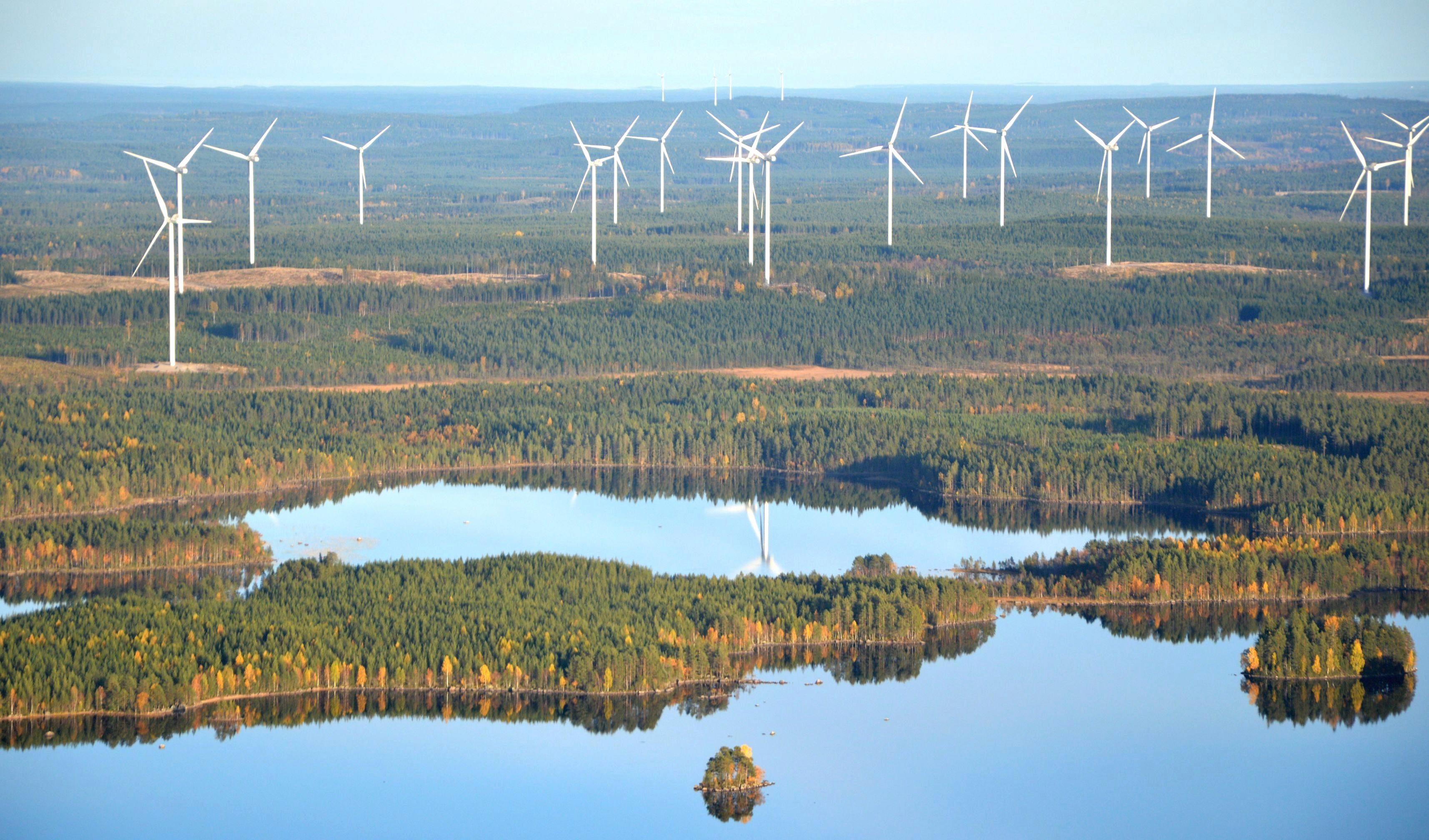Our business is powered by hydro power, the wind and the sun.
We work continuously to reduce the environmental impact of our operations. And a big part of that is to only use green energy sources.

Environmental and environmental management policy
Depona has the ambition to be an environmentally friendly company in all we do and throughout our operations. A consistent and long-term environmental focus not only offers advantages for the world we all live in, it also reduces costs. Not only do we seek to reduce the environmental impact from our own operations this also guides how we ourselves purchase products and services. Our environmental work is founded on the following business principles:
– Minimize the use of resources
– Renewability
– Degradability
– Recyclability
Depona AB
Magnus Litens,
CEO



